Bridge Michigan: Michigan eyes ban on flavored tobacco, tax on e-cigarettes, vapes
By Sophia Ceru
LANSING – Pending legislation may allow counties to tighten enforcement of what tobacco products can be sold there.
The Senate bills in the Regulatory Affairs Committee would require tougher rules for tobacco sellers, according to the Michigan Association for Local Public Health.
For the first time, the legislation would ban all sales of flavored tobacco products, require tobacco retailers to be licensed and tax e-cigarettes and vapes containing nicotine.
Related:
FDA menthol cigarette ban hailed as triumph, especially for Black health
Michigan opioid settlement dollars sit unspent as crisis rages
Diet drugs are bigger than ever, and in Michigan, Medicaid picks up the tab
Bills would also repeal ineffective penalties that punish youth for possessing tobacco products, according to the legislation.
Protecting youth and prioritizing their health are the main priorities of the Keep MI Kids Tobacco-Free Alliance. Its goal is to educate youth and implement common-sense policies to keep them healthy and safe, not to punish them.
Sen. Sue Shink D-Northfield Township, a sponsor of one of the bills, said, “It is part of a larger package that is designed to address the crisis of young people being addicted to flavored vapes.”
In Michigan, youth use of e-cigarettes is about 50% higher than the national average, according to Shink.
“We’ve heard from parents who are really concerned about the detrimental effects that vaping has had on their children, including severe addiction and consequences such as getting kicked out of school,” Shink said.
“If a county wanted to place restrictions on flavored vapes because they recognize they have a specific situation where the residents want to take a stronger stance than the state has, then they would have the ability,” said Shink.
“We are trying to address this crisis,” said Shink.
In 2022, a statewide ban on sales of flavored tobacco took effect in California. Previously, localities could pass their own sales ban, and residents of jurisdictions with a ban had a 30% decrease in flavored tobacco use than residents of other jurisdictions, according to the University of California, Irvine Program in Public Health.
Dave Hodgkins, the legislative associate for state and federal affairs for the Michigan Municipal League, said the organization, which represents cities and villages, supports the legislation.
“Local control is important because it ensures the ability, the balance, the needs, interests and safety of all residents in their respective communities,” he said.
“Each municipality in Michigan is unique. The closer the government is to the people, the more representative it is of their needs and interests. Blanket policies are seldom the best option and communities should be given flexibility where possible,” he said.
According to the state Department of Health and Human Services, vaping has become a serious national issue with 2,807 hospitalized lung injuries and 68 confirmed deaths as a result of using e-cigarettes or vaping as of 2020.
As of May 2021, 83 cases of severe lung disease have been linked to vaping along with three deaths in the state, according to the department.
Capital News Service originally published this story.
###
